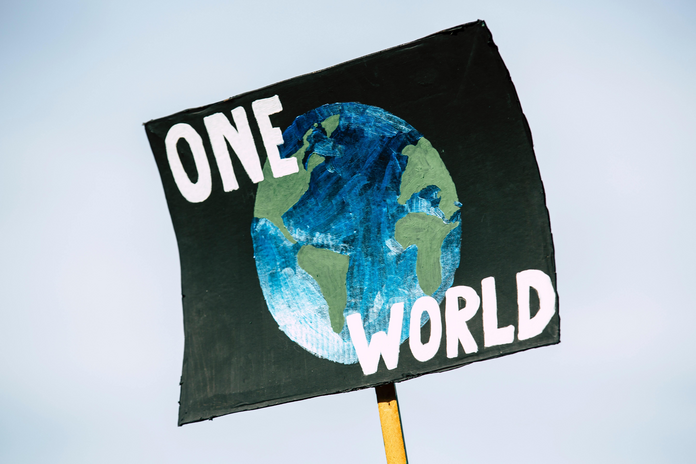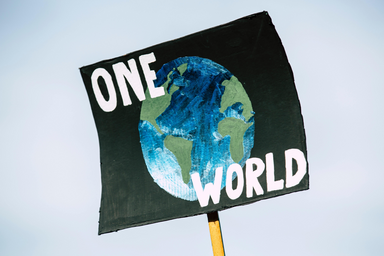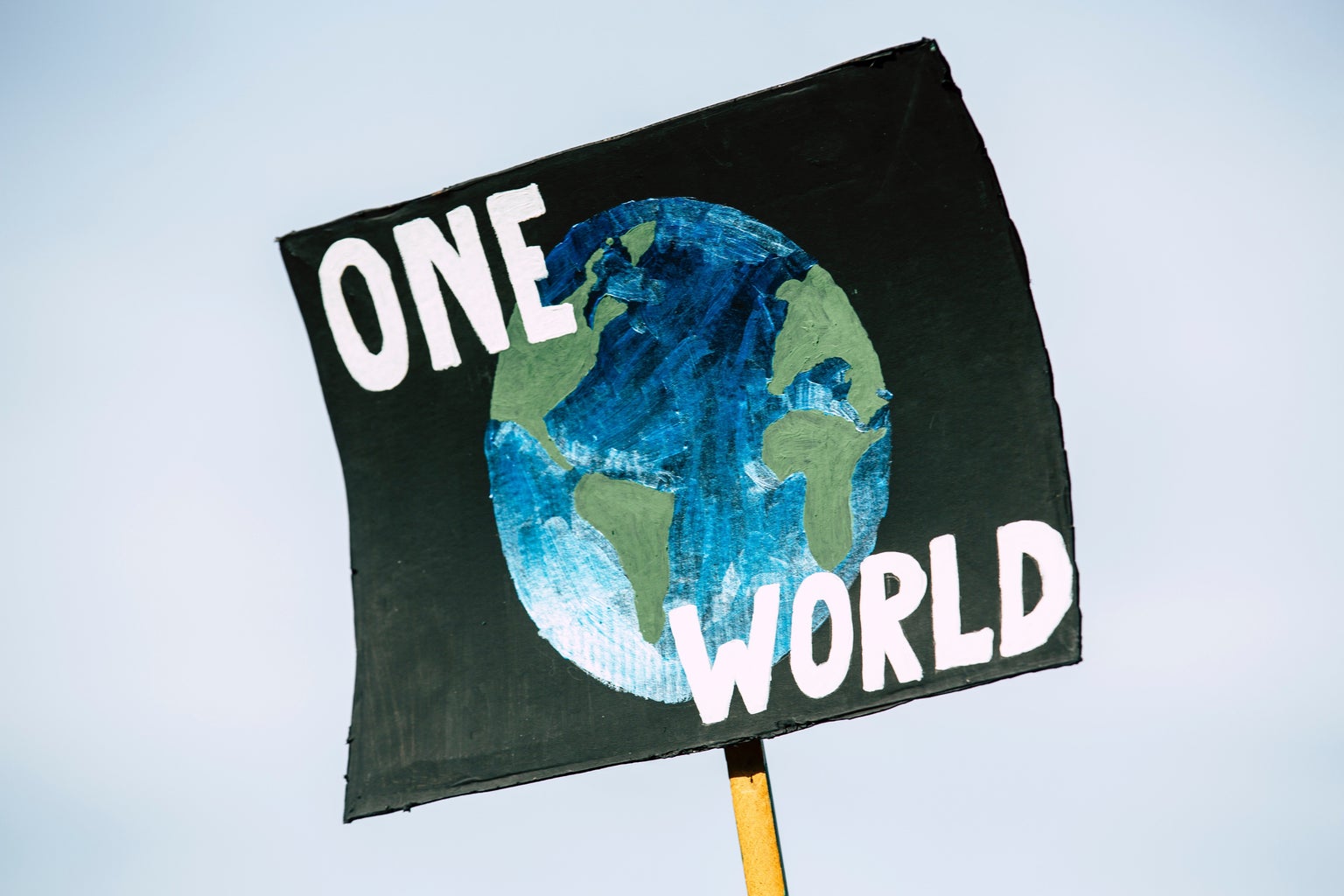In the past 20 months following the declaration of the global pandemic, COVID-19 impacted climate change in ways society has never been able to achieve before. But the current gains may not be enough to impact the global ecosystem long-term.
COVID-19 lockdowns have resulted in many people searching for social missions to advocate for, such as BIPOC or LGBTQ+ rights, justice for unmarked graves at residential schools, or renaming institutions and streets from their imperialistic fathers.
In early 2020 and prior, there were global climate rallies in support for Greta Thunberg; now, previous advocacy groups around environmentalism seem to have quieted.
Maggie Chang, a young Ontarian environmentalist, is not quiet about these long-standing issues seen on a local and global scale.

What’s your opinion on the effects of COVID-19 on climate change, previous advocacy and opportunities for progress and influence.
“Greenhouse gases initially took a slight decline, but those improvements aren’t necessarily significant.
Individual actions don’t always have the most responsibility in terms of impact. Individual and collective actions are interconnected. If people are still consuming an excessive amount, that’s a problem, and not just an individual problem, but a societal one.”
Challenges with lasting impact
Over her 20-odd-years of work in the environmental industry, Chang has found that a lot of the climate issues boil down to necessary systemic change. It’s our habits and mentalities around contribution and potential for progress that get in the way.
Regarding COVID-19 and climate change, some recent reports by environmental scientists say there is a positive impact of reduced amounts of greenhouse gases (GHG) compared to pre-2020 as well as an increase in the quality of natural resources. Others say there is a negative impact, claiming there is a shift in focus away from climate change efforts. Whether personal actions move in a positive direction, they are first impacted by the organizations that provide opportunities and influence our capacity for change.
Based on your experience and research, what kind of projections, if any, do you believe can be made regarding the post-COVID world?
“At the beginning, many organizations were picking up a ‘just green recovery‘. The pandemic exposed a lot of issues with the way things have been. Advocacy went up [in early 2020], but it was almost a fad because everyone was participating. They had extra time to spare staying at home from work and school. But there are [fewer] conversations [about climate change] and people are just really tired.
It’s really difficult to say what the world will look like in the future.
Power tends to be good at recalibrating and reinstituting itself at the top, and it, unfortunately, takes waves of ups and downs to bring more lasting change and impact.”
Who is Maggie Chang?
Chang was named World Wildlife Foundation’s (WWF) Living Planet Leader for Canada in 2019, and one of Starfish Canada’s Top 25 Under 25 Canadian Environmentalists in 2020. She became passionate about the environment around age five and participated in a number of movements since then. During COVID, she completed a thesis at University of Waterloo, focusing on BIPOC environmentalists’ experiences and challenges within the industry.
Being a recent graduate, Chang is searching for more opportunities to get involved. When there are none, she creates them, organizing conferences to discuss the issues many seem to ignore.
With many schools coming back to campus in winter 2022 at 100 per cent capacity, COVID appears to be moving to the back seat. In a post-COVID world, opportunities for change still exist. Chang, being in the same generation of students and young adults, stands as an example of what’s possible if we intentionally give attention to the environment and climate change.
All quotes were taken from an interview with Maggie Chang on October 27th, 2021. Some quotes have been paraphrased for the viewing purposes of this article.



